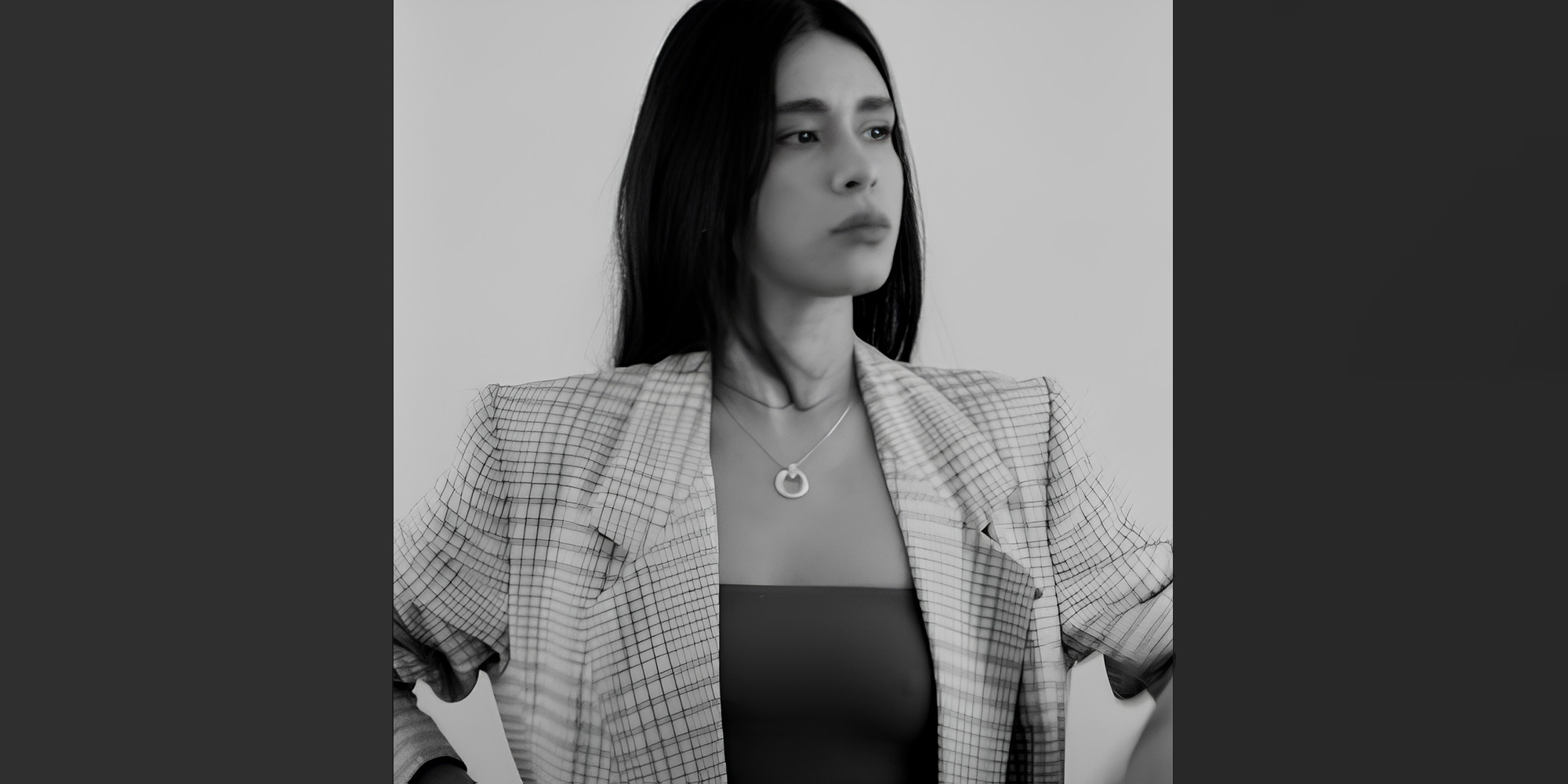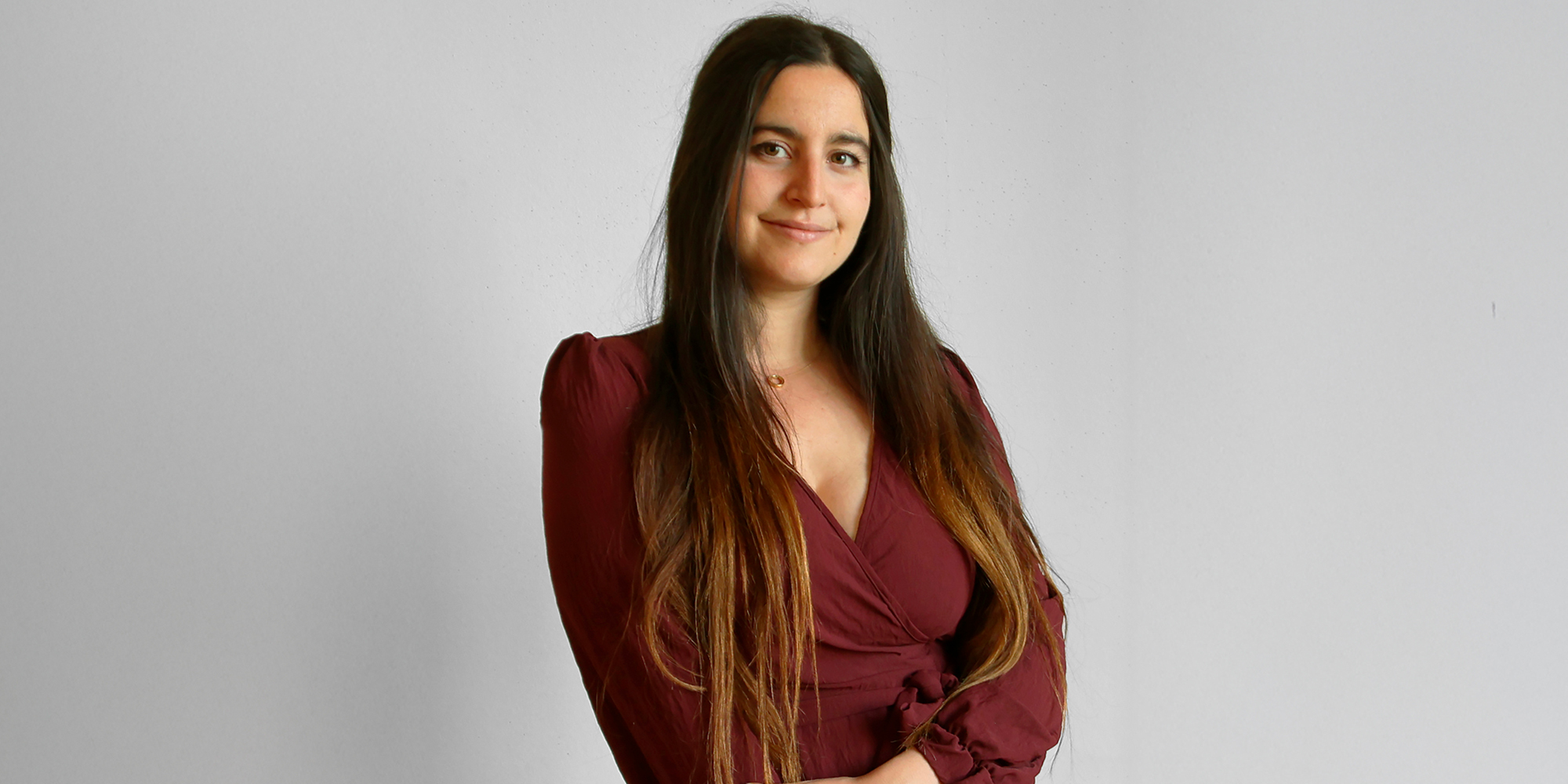Welcome to the latest edition of “Media Matters,” our interview series on Fublis where we speak with media professionals from across the industry. In this installment, we have the pleasure of featuring Ana Karina Zatarain, a prolific writer whose work has appeared in prestigious publications like The New Yorker, GQ, and The New York Review of Architecture.
With a background in architecture and a deep interest in cultural and societal themes, Ana brings a unique perspective to her writing, blending personal experience with broader narratives. In this interview, she reflects on how her upbringing and diverse experiences have shaped her voice, how she balances writing for different publications, and the lessons she’s learned from working with top-tier editors. Ana also offers valuable insights for emerging writers looking to break into high-profile magazines and shares her approach to handling creative burnout and building lasting relationships in the industry.
Join us as Ana Karina Zatarain takes us through her journey from magazine writing to working on her first book, and the art of storytelling across platforms.
Your work spans a number of publications that carry a certain respect. How do you keep one voice across different platforms, while also appealing to the specific style and audience each magazine reaches?
Ana Karina Zatarain: Certain publications allow or even encourage a more playful writing style. My first piece for The New York Review of Architecture was a takedown of the Museo Soumaya, in Mexico City, and it was the first time an editor at an architecture magazine told me to just have fun with it. It’s my favorite piece of design criticism I’ve written. But generally, I can’t say that writing in one voice is a deliberate effort. Mine is the only voice I have; I don’t know how to write in any other. My editors are good at trimming or suggesting anything they think will make the work better suited for where it will be published, and I consider myself good at taking edits without throwing a tantrum about it.
What do you tend to draw upon most when you sit down to write? Are there specific themes or ideas that you find yourself revisiting in your work?
Ana Karina Zatarain: Definitely, probably more than I can count now. Certain experiences of my life have triggered obsessions with specific subjects, and because they’re constantly on my mind, they appear often in my work. To give a few examples: I spent my childhood in the United States, very close to the Space Center in Cape Canaveral, and the idea of nostalgia, specifically American self-mythologizing and self-delusion, fascinates me still today. Later, I spent my adolescence in the cartel state of Sinaloa, Mexico, during President Calderón’s war on drug trafficking, so violence and its normalization is another subject that I revisit often. After that, I went to architecture school, which really shaped the way I think about space and how it affects individuals and their stories. My book’s editor recently pointed out to me that almost every chapter in my manuscript begins with an architectural description, even though the essays aren’t about architecture. I hadn’t even noticed.
How has this experience—writing for magazines like The New Yorker and GQ—influenced you in writing your first book?
Ana Karina Zatarain: Before I wrote professionally, it was the most amazing concept to me: To get to sit around thinking about the things I found interesting, to show up to their source and talk to people about them, to get paid to write about it all and have strangers read my words… Actually, it’s still the most amazing concept to me. I always say that writing a book was technically never my dream, because I just wanted to write for The New Yorker. That alone seemed far-fetched enough, and it never occurred to me to dream any further. But after I wrote my first piece there, an editor from Knopf emailed to ask if I had a book idea.
How would you handle writer’s block or creative burnout, especially if you have to work on deadlines for several publications at one time?
Ana Karina Zatarain: Not in any way I’d recommend.
What has been your approach in terms of building and sustaining relationships with editors from several high-profile magazines, and what advice would you want to give to emerging editors about how to establish such a relationship?
Ana Karina Zatarain: I try to meet with my editors in person as much as possible, even when we’re not working on something. Since I don’t live in New York, whenever I’m visiting, it’s a good excuse to ask them to hang out over lunch or coffee. I genuinely enjoy hanging out, especially with people I admire and respect, so it isn’t strategic. I don’t show up with a pitch ready. Maybe that would be better, but I’ve found that being good at taking edits and approaching the relationship as a friendship works best for me.
Looking ahead, how do you see the balance within the magazine writing and the book writing? Do you feel that you’ll be continuing to do both, or are you shifting more heavily in one direction?
Ana Karina Zatarain: My only plan at the moment is to take a long vacation after my book is published, and decide what to do with my life after that.
How do you balance writing for yourself versus writing for a publication? Do the approaches or mindsets differ when tackling these kinds of projects?
Ana Karina Zatarain: I don’t really write for myself. Even in my private journals, I write with a reader in mind who I’m trying desperately to impress, just in case they’re published posthumously or something.
With a portfolio of stories, topics, and styles so wide-ranging, how do you decide which ideas best fit which publication?
Ana Karina Zatarain: Most of the stories I write are commissioned by editors I’ve worked with in the past, or who have read my work and reach out with a story already in mind. Whenever I do have an idea, I’m very fortunate to be represented by two great agents at The Wylie Agency, who help me figure out where it could be placed. Back when I started writing professionally, though, I would follow editors I wanted to write for on Twitter, and the things they’d post gave me a sense of the sort of stories they liked working on. I would also always mention that I followed them in my pitches; I think it’s best to approach people in a personalized way.
What do you have to say to writers who are ambitious about publishing in top-class magazines and further publishing their own book? Were there certain strategies or practices that were integral to your success?
Ana Karina Zatarain: I think reading a lot of great literature and trying to be a kind person are the best practices an aspiring writer can espouse. No one wants to read bad or mediocre writing, which is all you’ll produce if you can’t be bothered to read “difficult” books. And no one wants to work with a person who is rude or entitled.




